The Ministry of Industry and Trade has just sent the Prime Minister a draft document amending Decision 24 of 2017 on the mechanism for adjusting average retail electricity prices.
The draft proposes to shorten the price adjustment period from 6 months to 3 months. This regulation aims to help manage electricity prices more flexibly and effectively in accordance with the macroeconomic situation at each stage.

When the average electricity price decreases by 1% or more compared to the current average electricity price, the electricity price is allowed to be adjusted down accordingly. When the average electricity price increases by 3% or more compared to the current price, it is allowed to be adjusted up.
Regarding the authority to adjust electricity prices, Vietnam Electricity Group (EVN) is allowed to decide to reduce or increase below 5%; the Ministry of Industry and Trade has a written approval for EVN to decide to adjust, increase from 5% to less than 10%; the Prime Minister will give opinions for EVN to decide to adjust when increasing from 10% or more or affecting the macro economy.
This is a new point compared to before, when Decision 24 only gave EVN the authority to increase prices by 3% to 5%. Other price increases are decided and adjusted by higher levels. However, in this mechanism, after the levels (including the Ministry of Industry and Trade and the Prime Minister) decide to increase prices, the authority to adjust will be transferred to EVN for implementation.
The Ministry of Industry and Trade will play a major role in regulating electricity prices, but the Ministry of Finance and the State Capital Management Committee will also play a role in the process of checking and reviewing the electricity price plan developed by EVN and in the process of checking and adjusting electricity prices. The Ministry of Industry and Trade will synthesize opinions to report to the Prime Minister.
In the Draft Amendment to Decision 24 of 2017, the Ministry of Industry and Trade proposed not to specify the determination of standard profits in some costs that were included in the formula for calculating the average electricity price of the old decision.
The Ministry of Industry and Trade also proposed: "The total of other costs not included in the electricity price, are costs that are allowed to be calculated but not included in the retail electricity price, including the unallocated revaluation exchange rate difference calculated and allocated into the average annual retail electricity price". This, according to the Ministry of Industry and Trade, is to ensure consistency, there is no other interpretation.
The report also stated that, if necessary, the ministry will request EVN to hire an independent consultant to examine the electricity production and business cost reports of EVN and its member units.
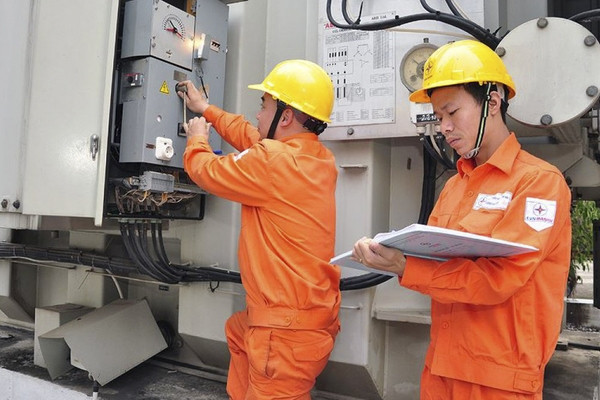
Source








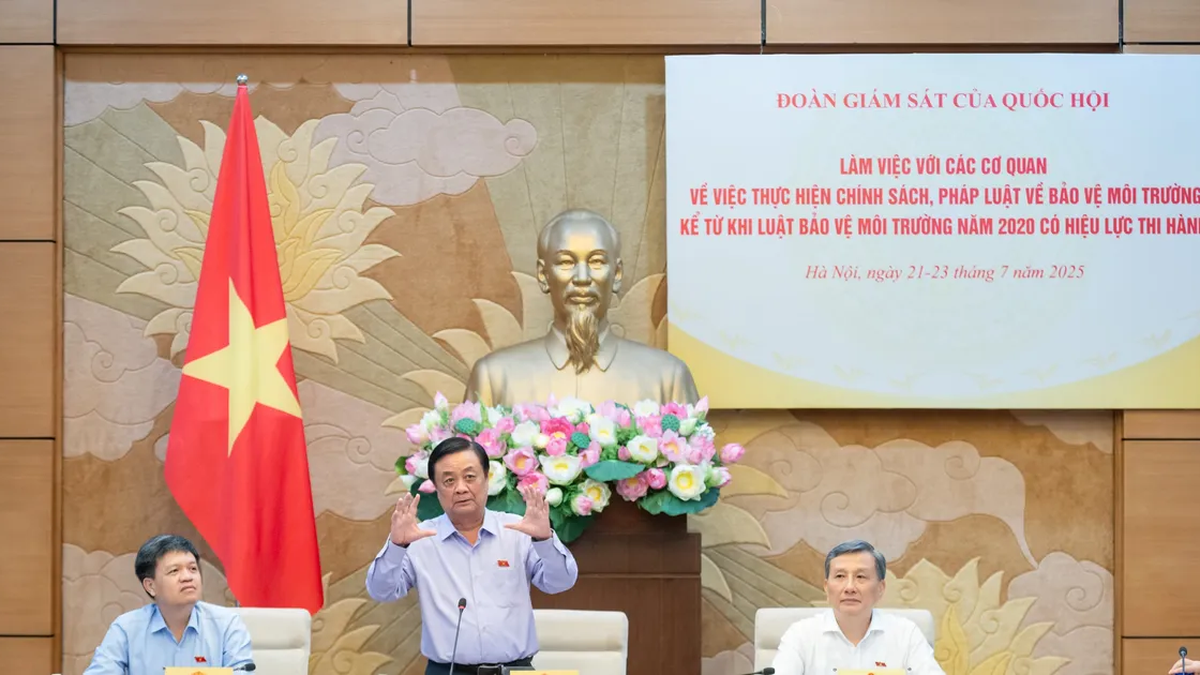
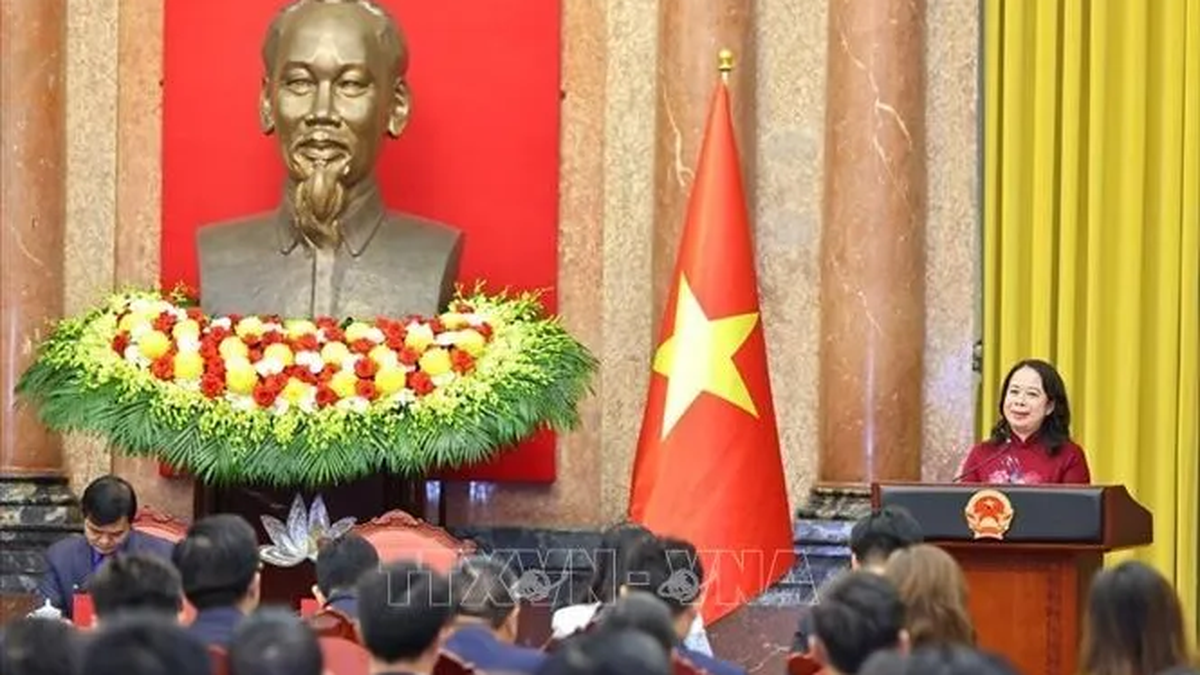
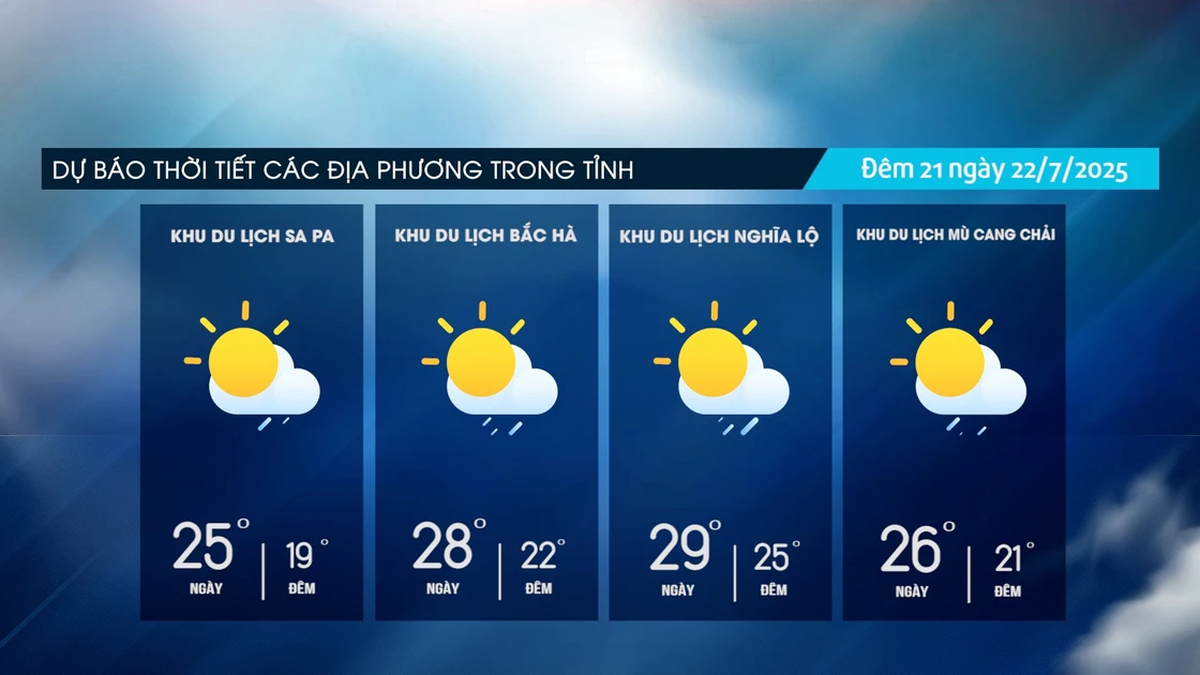




















![[Photo] National Assembly Chairman Tran Thanh Man visits Vietnamese Heroic Mother Ta Thi Tran](https://vphoto.vietnam.vn/thumb/1200x675/vietnam/resource/IMAGE/2025/7/20/765c0bd057dd44ad83ab89fe0255b783)















































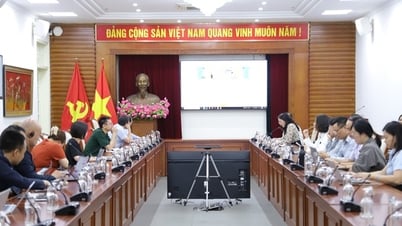





















Comment (0)